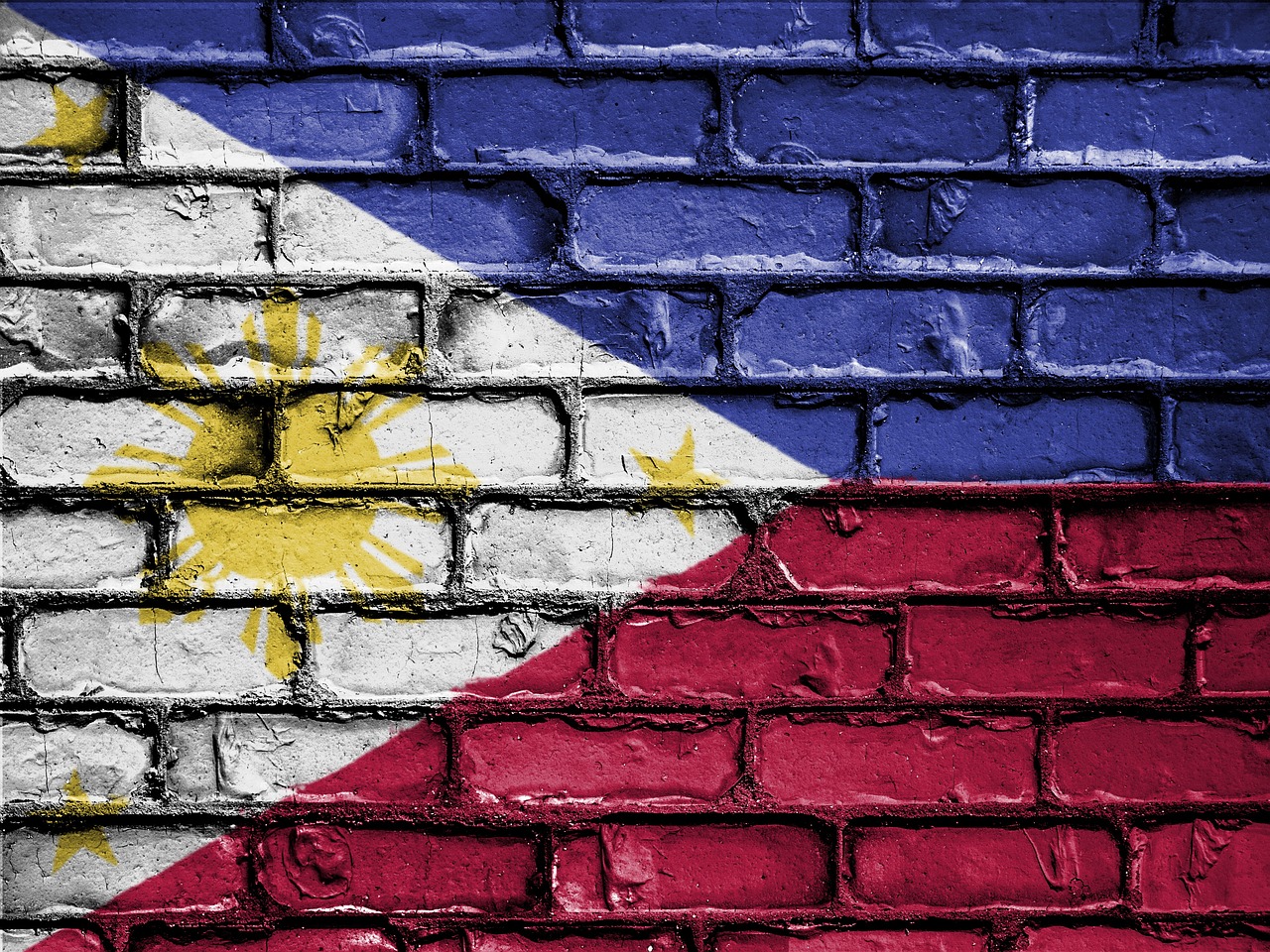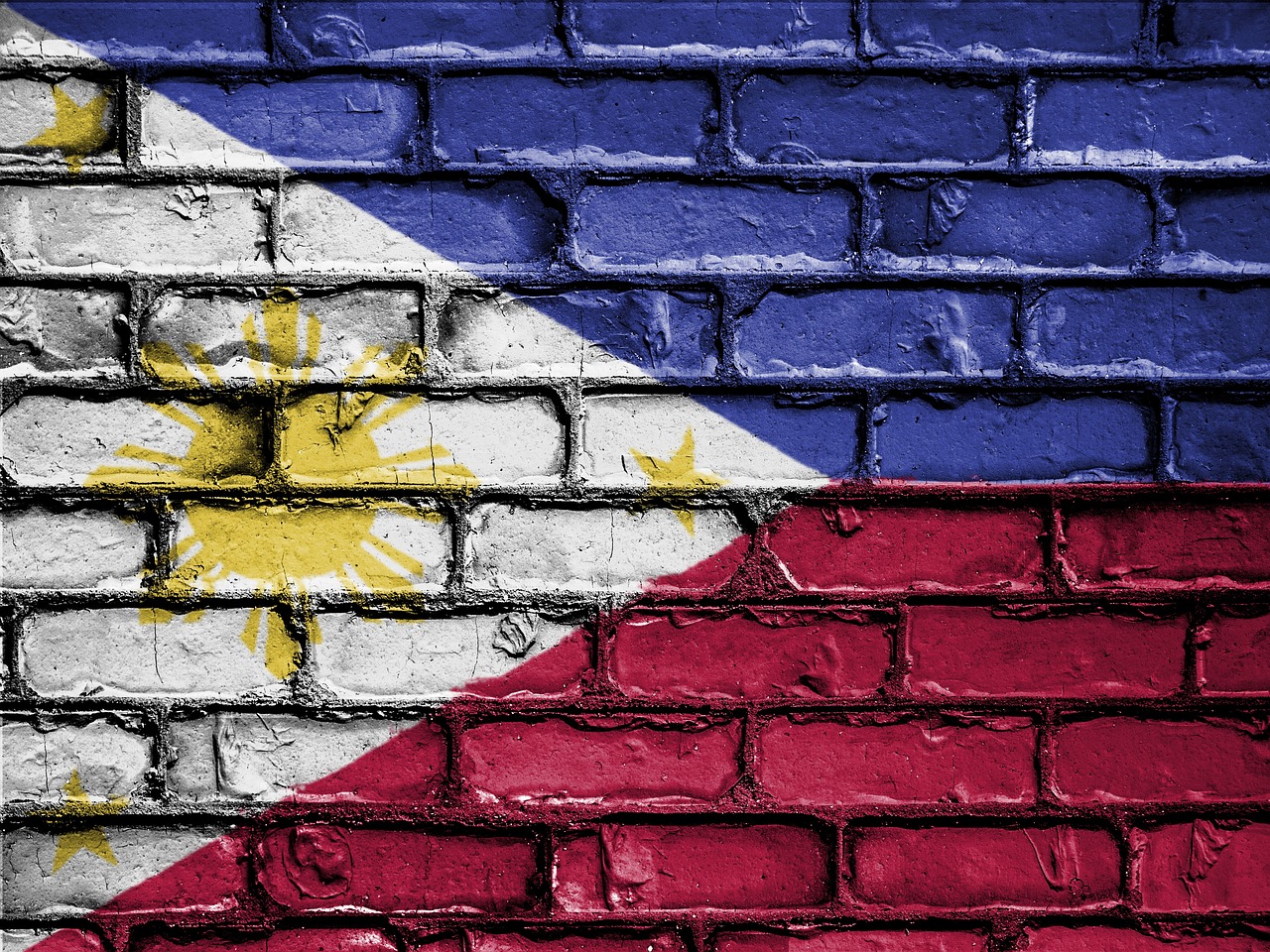Philippines SEC Collaborates With International Organizations to Strengthen Crypto Enforcement Efforts

The Philippines Securities and Exchange Commission (SEC) seeks to establish a joint regulatory framework around digital assets and to crack down on bad actors who engage in illicit crypto transactions.
The body has partnered with the United States SEC and the Asian Development Bank (ADB) to host an International Organization of Securities Commission (IOSCO) Workshop and an Investigation Enforcement Training Workshop.
According to the participants, the training is billed to sharpen the skills of the organization in furtherance of its mandate to protect the public from all firms of financial fraud including those that leverage digital assets.
In a press release, the Philippines SEC cited market manipulations, off-market fraud, insider trading, and crypto scams adding that it facilitated the IOSCO Multilateral Memorandum of Understanding (MMOU) on Aug 18.
Cross-border partnerships
SEC head Emilio B. Aquino lauded the US SEC, the ADB, and other participating organizations in the Philippines stating that the skills learned will guide them as they protect the public from traditional and evolving financial fraud schemes.
“Scammers are becoming more advanced and sophisticated in their techniques as new technologies arise. As such, the SEC must constantly improve its investigation and enforcement capabilities to ensure that we are always one step ahead in preventing scams,” he added.
US SEC officials including Paul Gumagay the Associate Director of Operations at the Office of International Affairs (OIA), Tom Swiers, the Branch Chief, and Glenn Gordon, the Associate Director at the Miami Regional Office brought their experience to the fore in instituting court cases and investigations of alleged wrongdoers.
The stakeholders led by Aquino also paid a courtesy visit to the Philippine legislature meeting with House Speaker Ferdinand Martin Ramualdez to support efforts in drafting legislation to give law enforcement more power to protect investors.
Furthermore, as a result of the evolving nature of digital assets, stakeholders stressed that information sharing to always be one step ahead of bad actors.
Philippines and global crypto regulations
As multiple jurisdictions beef up rules around digital assets. The Philippines is not left behind although some observers say the government’s stance may not be in support of the industry.
In the past, local authorities including the SEC and the Central Bank have urged citizens not to participate in foreign crypto trading activities citing investor protection concerns.
The SEC also delayed the rollout of its regulatory framework on the industry adding that “We haven’t closed the door. We just have to make sure people don’t get burned.”
Despite unclear regulations, citizens continue to adopt digital assets deploying the underlying technology to solve multiple traditional problems leading to the country evolving to a top web3 spot.



